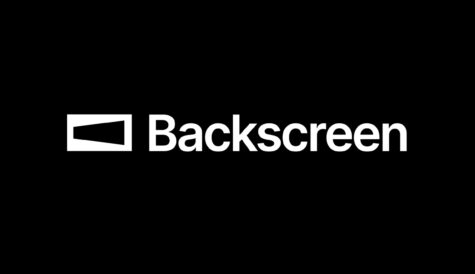Via Licensing and MPEG LA combine to form Via LA
The two major video technology patent licensing pool groups, Via Licensing and MPEG LA, are merging to form a single combined ‘pool of pools’ called the Via Licensing Alliance (Via LA).
 The new outfit combines MPEG LA, whose MPEG-2 licensing programme established the modern patent pool industry and helped deliver one of the most widely employed standards in consumer electronics, and Via’s AAC pool.
The new outfit combines MPEG LA, whose MPEG-2 licensing programme established the modern patent pool industry and helped deliver one of the most widely employed standards in consumer electronics, and Via’s AAC pool.
Via LA, which is the result of Via Licensing’s acquisition of the rival pool, will continue to operate as an independent subsidiary of Dolby Laboratories with its existing co-owners but with the participation of MPEG LA’s co-owners.
Via LA said it would expand the benefits of patent pools by consolidating dozens of pools covering a broad range of technologies into one organization, further simplifying the licensing process for its pool participants.
Affiliates of General Electric Company, Koninklijke Philips and Mitsubishi Electric Corporation will convert their partial ownership in MPEG LA to partial ownership in Via LA. The new outfit said that the participation of GE, Philips, and Mitsubishi Electric will provide continuity and deep industry experience to help take Via LA to the next level.
The combination of the pair brings a long history of multiple licensing authorities for video compression technologies to a close in a video distribution landscape that has been utterly transformed since the early days of MPEG.
Heath Hoglund, who was president of Via prior to the combination, will serve as President of Via LA. Larry Horn is retiring as CEO of MPEG LA but will continue to serve as an advisor to Via LA.
The new company’s worldwide headquarters are in San Francisco, with offices in Denver, London, Shanghai, Tokyo, and Washington, DC.
“Via LA combines the best capabilities in the licensing industry to deliver efficient, transparent, and balanced intellectual property solutions to thousands of partners around the world. This pool of pools provides an efficient mechanism for innovators with broad portfolios to get their technologies to the mass market and enables easy access to a broad range of necessary IP for implementors with diverse product offerings,” said Hoglund.
“Our two teams share similar strategies, cultures, and business models, so I am confident this will be a smooth transition into an even more valuable, independently managed licensing solution for the IP industry,” said Horn.



